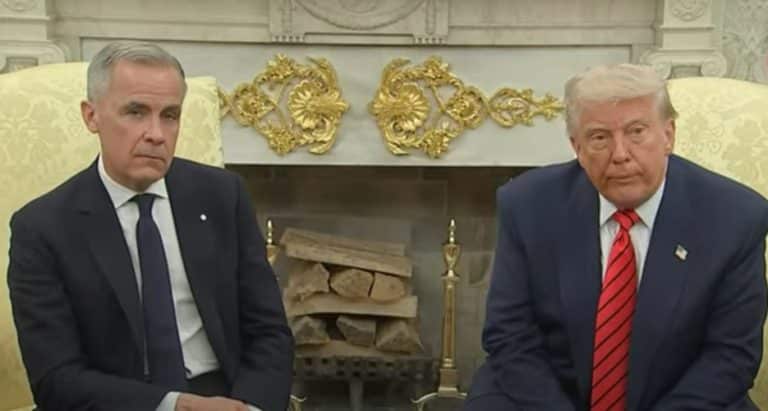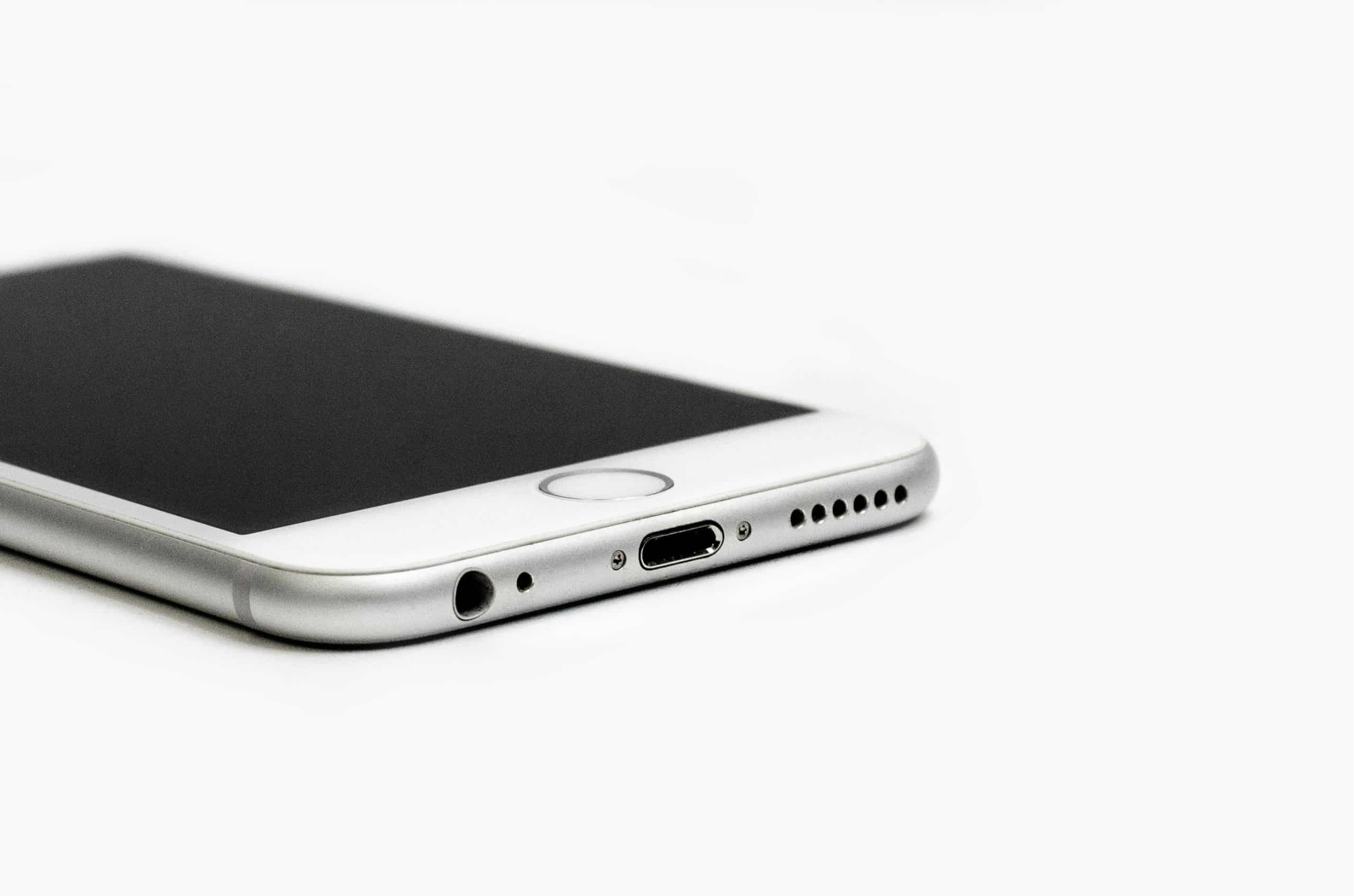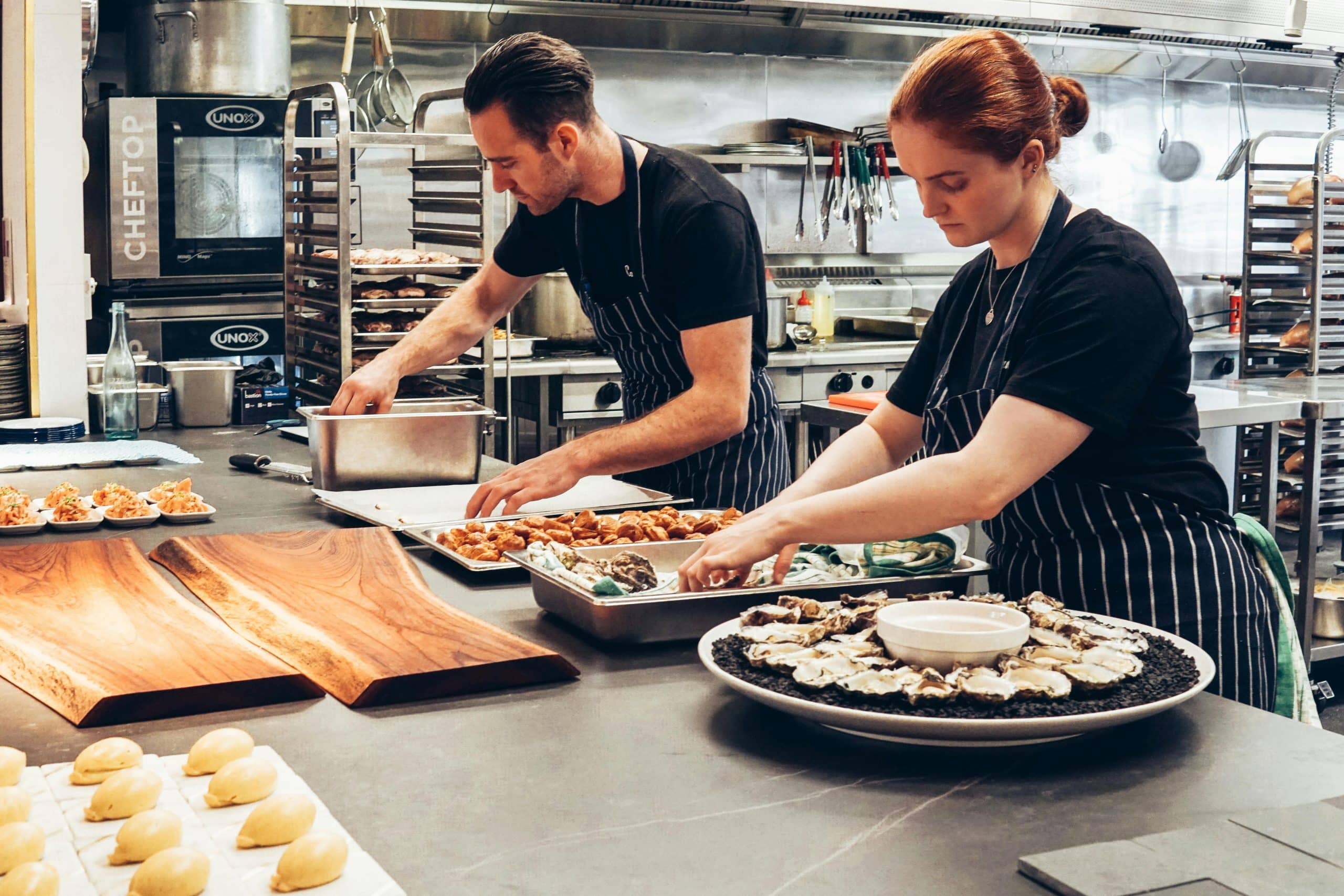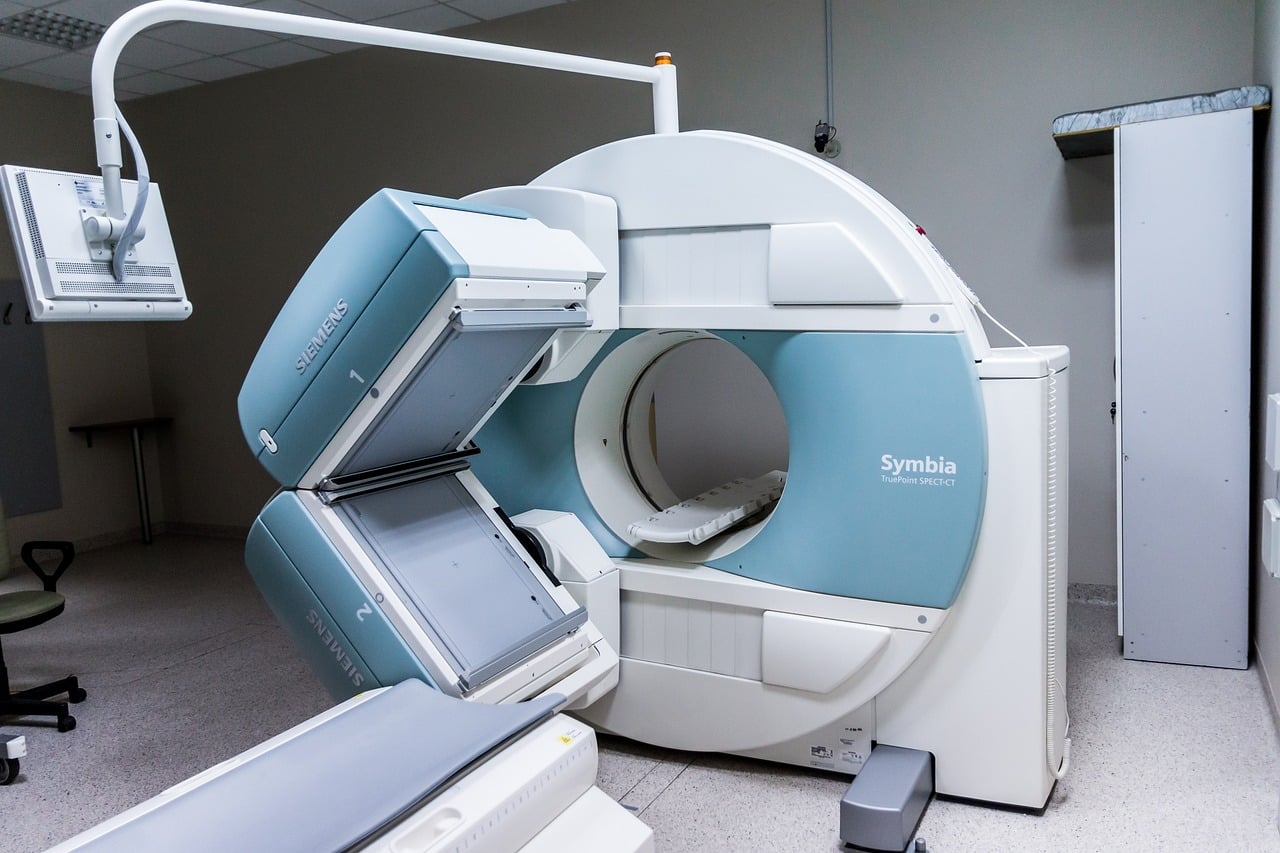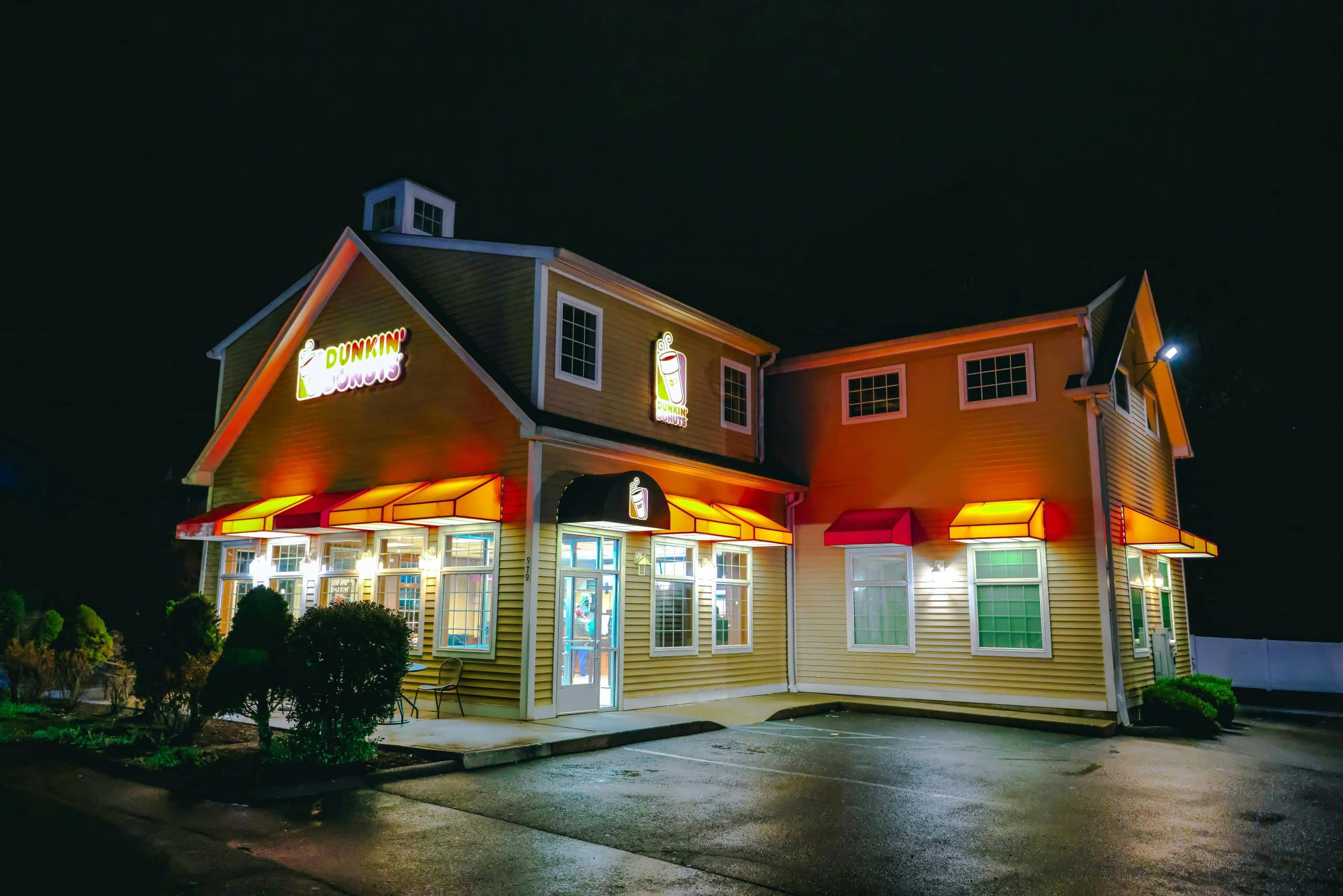On Tuesday, during a meeting in the Oval Office with Canadian Prime Minister Mark Carney, Donald Trump again refused to back off the rhetoric that he wanted Canada to be the 51st state. “I say, ‘Never say never,’” Trump said. “I’ve had many, many things that were not doable and ended up being doable.” Trump’s comments were in response to Carney stating that Canada was ‘not for sale’ and that “is not going to change.”
Trump Pushes Canada As 51st State
During the Oval Office meeting, Carney called Trump “transformational” and praised his efforts in “securing your borders… ending the scourge of fentanyl and other opioids and securing the world.” Things appeared to be going well with the two world leaders, then Trump pressed Carney about Canada becoming a part of the United States. “I do feel it’s much better for Canada, but we’re not going to be discussing that unless somebody wants to discuss it,” Trump said. Trump wasn’t done there; he added that being a part of the United States “would really be a wonderful marriage.”
Canada Not For Sale
Carney informed Trump that “there are some places that are not for sale” and added that Canada was one of those places.“Having met with the owners of Canada over the course of the campaign over the last several months, it’s not for sale. It won’t be for sale ever, but the opportunity is in the partnership and what we can build together,” Carney said.
Carney went on to add that Trump had played a role in having “revitalized NATO” and pushed his country to “playing our full weight” in the 32-member bloc. Trump then acknowledged that Ottawa had been “stepping up the military participation” by increasing its spending. Trump called the spending “a very important thing.” Despite Carney’s assurances that Canada wasn’t for sale, Trump quipped, “But never say never.”
Carney Says Never
Carney did not reply directly to Trump but instead looked into the television camera and mouthed the word “never.” Carney held a post-meeting press conference and shared that he had told Trump, “behind closed doors,” to “stop” publicly talking about annexing Canada. “We are masters in our own home,” Carney said, adding, “and we can give ourselves far more than any foreign government can ever take away.”
During the tense exchange between Trump and Carney, the president said that the prime minister could do nothing to change his mind about the tariffs he placed on Canada. Trump said that Carney’s refusal to surrender Canada’s sovereignty would not hinder trade talks and that Canada would pay tariffs.
Trump’s Tariffs On Canada
“For the most part, we’re just going to put down a number and say, This is what you’re going to pay to shop. And it’s going to be a very fair number. It’ll be a low number. We’re not looking to hurt countries. We want to help countries. We want to be friendly with countries … We’re going to say, in some cases, we want you to open up your country. In some cases, we want you to drop your tariffs,” Trump said.
“So, we’re going to put down some numbers, and we’re going to say our country is open for business, and they’re going to come in and they’re going to pay for the privilege of being able to shop in the United States of America. It’s very simple,” he added.
Carney Tries To Stay Positive
After the meeting, Carney said he had a “constructive” meeting with Trump — but that he was not expecting “white smoke” on the issues of trade and tariffs. He added that the two of them have “a lot more work to do.” “There’ll be zigs and zags,” Carney said about any future negotiations, adding that the “prospect is there” to get a new trade deal done before doubling down in the defense of his country’s sovereignty.
“We are going to reinforce our strength at home. We will reinforce Canada’s security for an increasingly dangerous and divided world. We will transform our border security, our security in the Arctic, and our support for our allies around the world; we’ll build an economy that creates jobs, grows incomes, and withstands shocks,” he said.

